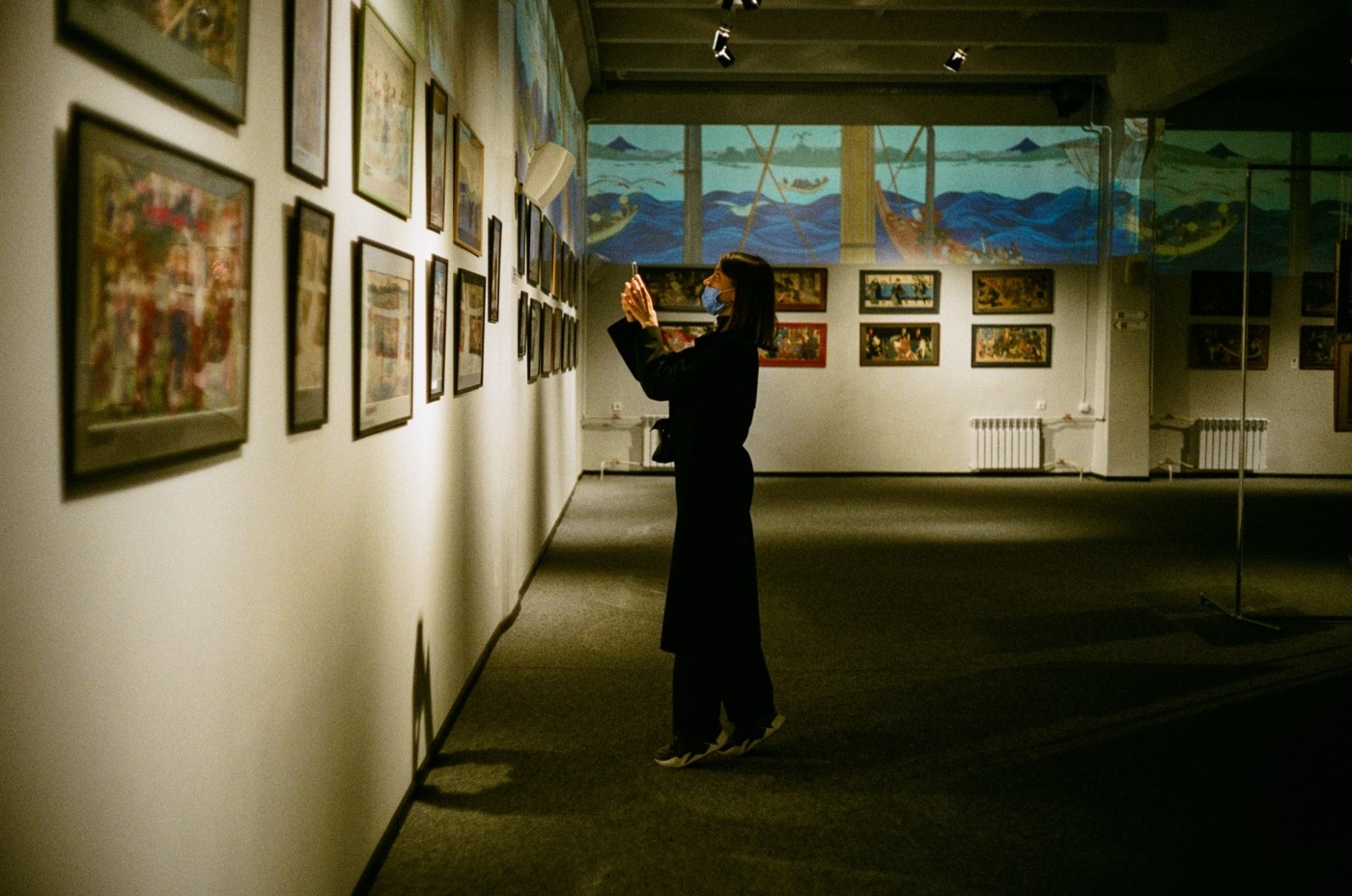What would Covid passports mean for galleries and theatres?
As the UK takes tentative steps towards restarting life, talk of vaccine passports has hit the headlines. It has been confirmed that the government is considering introducing mandatory vaccine passports for public attractions and events in England, easing restrictions and enabling sectors such as the arts to increase their visitor capacity this summer. If it did, our government would be following countries like Denmark and Israel, who see these passports as a way to speed up the return to public life. Many institutions are concerned, however, that such a scheme would actually reduce visitor numbers. So what would such a scheme mean for the arts in the UK?
Many institutions are concerned that Covid passports would actually reduce number visitors
Let’s look at the two countries who are trying it. Denmark’s ‘coronapas’ will be mandatory for museum admission from 6 May, and will be available to those who have been fully vaccinated, have tested positive for Covid-19 two to 12 weeks previously or negative over the previous 72 hours. Karen Gron, director of the Trapholt Museum of Modern Art and Design, plans to use the passes even though she is unconvinced at the need: “Why do you have to show them at museums but not at the supermarkets, which are much more crowded?” Israel ignores this issue – its ‘green pass’ smartphone app is not necessary for general admission to museums, although it’s required for hotels, gyms, theatres, cinemas, etc.
By and large, those in the UK arts sector are against vaccine passports. Sharon Heal, director of the Museums Association (MA), said there are “lots of concerns” about the possibility: “We are concerned about the suggestion of mandatory vaccine passports for museums for a number of reasons. Museums have demonstrated when they reopened last year that they are safe places to visit; all of the social distancing and health and hygiene measures needed to protect staff and visitors are already in place.
“Making vaccine passports a condition of visiting will discriminate against those that can’t have a vaccine for health reasons and those that have not yet been able to get a vaccine because they are not in a priority group. It would also put staff in a position of conflict with visitors if they have to vet documents or ask for personal information. Museums are ready to welcome all their visitors back and are safe spaces for all communities; we want to be more inclusive, not less.”
“Making vaccine passports a condition of visiting will discriminate against those that can’t have a vaccine for health reasons and those that have not yet been able to get a vaccine because they are not in a priority group”
Her views were echoed by Nick Ralls, chief executive of the Ironbridge Gorge Museum Trust, who warned: “I would rather focus on safety measures we have in place because then we are not having to discriminate or put our staff in a difficult position where they have to turn people away. That does not give a good experience for people to work in, or as a visitor, it is not an attractive proposition.” Similarly, Andrew Lovett, chief executive of the Black Country Living Museum, warns that “on balance, I believe that so-called ‘vaccine passports’ to permit a museum visit are more of a barrier to that, and the opening up of the economy, than an acceptable passage to freedoms”.
Speaking on the Andrew Marr Show, Culture Secretary Oliver Dowden he was involved with a taskforce reviewing the options for cultural sectors to reopen. He noted that the limited reopening that took place last summer meant many industries “couldn’t operate in a commercially viable way”, and that was certainly true of the arts. There were widespread concerns last summer – which still persist now – that Covid may kill the UK arts scene, so plans to reopen it to the wider public will be warmly received. Even voices opposed to vaccine passports generally see a certain benefit to a very time-limited use just to reopen venues.
But such a plan comes with clear limitations too. It risks creating a two-tier society – as it stands, these venues are expected to reopen on 17 May, by which time most younger people won’t have had a vaccination. If you need a vaccine passport to enter museums and theatres, that excludes the young immediately. It will cut down massively on the spontaneous visits to museums (estimated by some galleries to make up to 50% of visitor traffic). And, of course, there’s Karen Gron’s objection – why should places like museums suffer all these added restrictions when you’re far likelier to pick up Covid mingling at the supermarket, or similar places in your daily life?
At this moment in time, art institutions need our support and our patronage, and it feels like vaccine passports would be yet another barrier at a time we should be stripping them away
Providing the vaccine scheme remains on track, and there’s currently no reason to suspect otherwise, vaccine passports will hopefully be unnecessary in the immediate future anyway. And I hope that’s the case, because I’m personally very uneasy about the idea. At this moment in time, art institutions need our support and our patronage, and it feels like vaccine passports would be yet another barrier at a time we should be stripping them away.

Comments